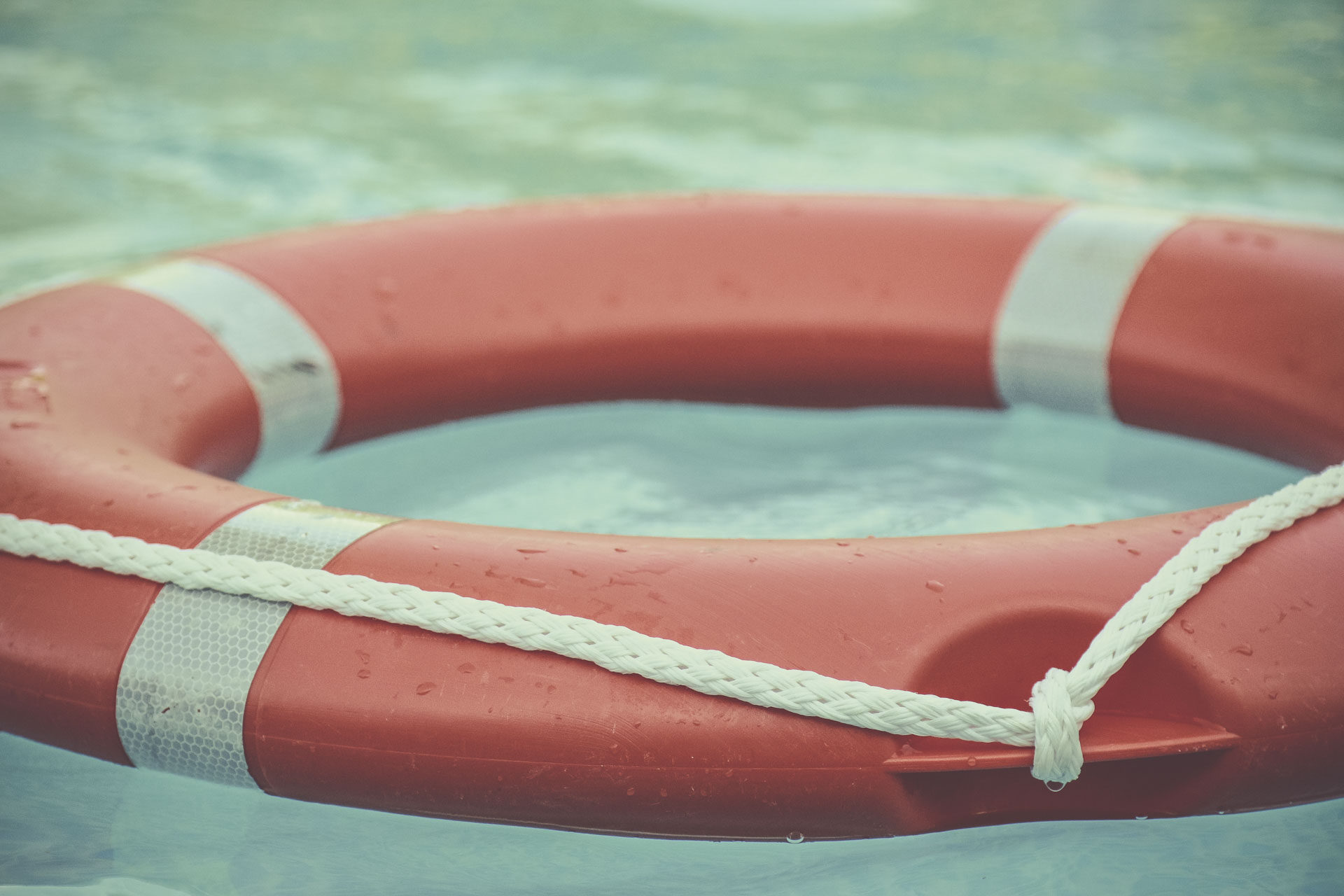10 tips for crisis communication
A crisis always comes unexpectedly. And in tourism we’ve already experienced a lot of them in recent years. Unfortunately we have to go through it again. But let’s not forget that sooner or later things will normalize again.
Don’t bury your head in the sand and don’t leave your customers to fend for themselves. Why else would they call on a professional? Furthermore, it is in fact an opportunity to show your professionalism. So communication is key!


Axel De Corte
March 13, 2020
Reading time: 3 minutes
Delen
You cannot prepare or practice everything in advance. But there are rules of thumb for a good and efficient crisis communication.
1. Gather reliable information
Are you caught in a crisis situation? Don’t start improvising right away, but write down the caller’s facts and information. What does he want to know or what does he need? Call him back fifteen minutes later. This gives you time to inform yourself and consult with your supplier, professional association or specialist. That way you can give a well-founded answer.
2. Keep it internal at first
First communicate internally and to everyone involved: employees, colleagues, committed customers … Only after that do you communicate to the outside world.
3. Personal approach
The way in which you communicate naturally depends on the nature of the crisis (bus accident, contamination, terrorist attack, natural disaster …) and the recipient (involved customer, employees, family, ‘curious’ third parties, journalist …). If possible, choose a personal approach.
4. Respond quickly, but well-founded
Leave as little room for speculation as possible. Don’t get caught up in gossip that starts to take on a life of its own. Therefore, communicate yourself as quickly as possible, but always well-founded. A quick response is not the same as an emotional or improvised response. Important: by not communicating you also send a certain message. And that might come across as unprofessional.
5. Facts first, but be human
Limit yourself empathically to the facts. First and foremost, make sure that your information is correct and as complete as possible. Which does not mean that you have to deal with a crisis purely business, on the contrary. Be human, understanding and honest, but don’t let the emotions flare up.
6. Authorized sources
If possible, refer to official sources. For example, travel advice on the Foreign Affairs website is a very important source of information for the travel sector.
7. Attention to privacy
Always respect the integrity and privacy of those involved. Never pass on confidential information just like that.
8. Perspective after the crisis
Reassure people and give advice. Carry out your travel organization. Make people feel that as a travel professional you know very well what you are doing. And if possible: offer perspective for when the crisis will be over. This way people know they can count on you during good and difficult times.
9. Provide a wide distribution
Spread the message through different channels. You increase the chance that people will receive your message, accept it faster and that it will stick.
10. Also non-verbal
Also pay attention to non-verbal communication: a flag at half-mast, white clothing … When you’re feeling sad, you just are. You don’t have to pretend nothing is wrong. Even when you are not affected personally, if you want to express your compassion, you can do so.
To Do
A number of scenarios may arise again sooner or later. So think about it in a quieter period and make a checklist of some likely scenarios.
